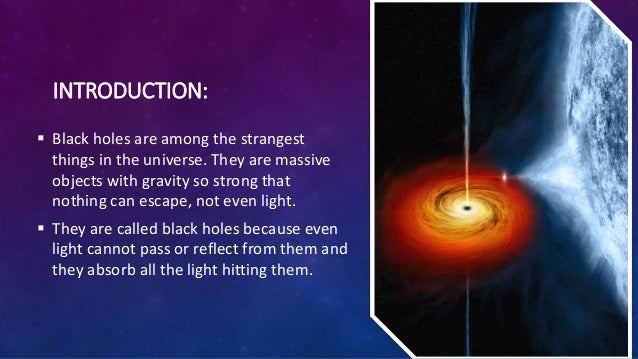

To pay off, he presented me with Total Baseball: The Ultimate Baseball Encyclopedia. Stephen conceded our most famous bet (regarding whether black holes destroy information) in 2004, before an audience in Dublin of 700 scientists and at least 50 reporters from print and electronic media. With our friend Kip Thorne, we made some of those bets “official,” and we were all taken aback by how much attention they received. Know-It-All?” After a beat Stephen would respond with a glint in his eye: “Wanna bet?” So in the middle of a scientific discussion I could interject, “And what makes you so sure of that, Mr. I sensed when we first met that he would enjoy being treated irreverently. People rooted for Stephen, and he appreciated having millions of fans.
#STEPHEN HAWKING BLACK HOLE THEORY SERIES#
Its extraordinary success led to more books, including a series for children Stephen co-authored with his daughter Lucy.Īnd I haven’t even mentioned yet what made Stephen Hawking the most famous scientist in the world - he achieved scientific greatness despite a severe physical disability, all while displaying a zest for life and buoyant sense of humor that seemed miraculous under the circumstances. The book sold over 10 million copies and was translated into dozens of languages. While other scientists write books for lay readers, only Stephen seemed to earn tenure on the New York Times bestseller list, thanks in part to that ingenious title. That conviction drove him to write A Brief History of Time. Stephen firmly believed that the quest for a complete theory of the universe should be accessible to everyone, at least in broad principle, not just to a few specialists. While his scientific accomplishments alone would suffice to ensure an enduring legacy, Stephen Hawking also became one of the world’s most successful popularizers of science. If I drop my highly confidential diary into a black hole, will it be lost forever from the universe? Or will it emerge from the black hole hidden in the Hawking radiation, highly scrambled but decipherable in principle? We still don’t know the answer for sure, but Hawking’s breakthrough laid the foundation for much of the progress we’ve made on the greatest challenge facing fundamental physics: understanding how gravitational physics and quantum physics fit together. That insight ignited a controversy that still rages 44 years later, regarding what happens to information that falls into a black hole. Instead, due to the subtle consequences of quantum physics, they emit what we now call Hawking radiation. But Stephen found that black holes are not really completely black. According to Einstein’s theory, nothing - including light - can escape from inside a black hole. Stephen’s greatest scientific achievement was a discovery about black holes in 1974 that shook the world of physics.


 0 kommentar(er)
0 kommentar(er)
